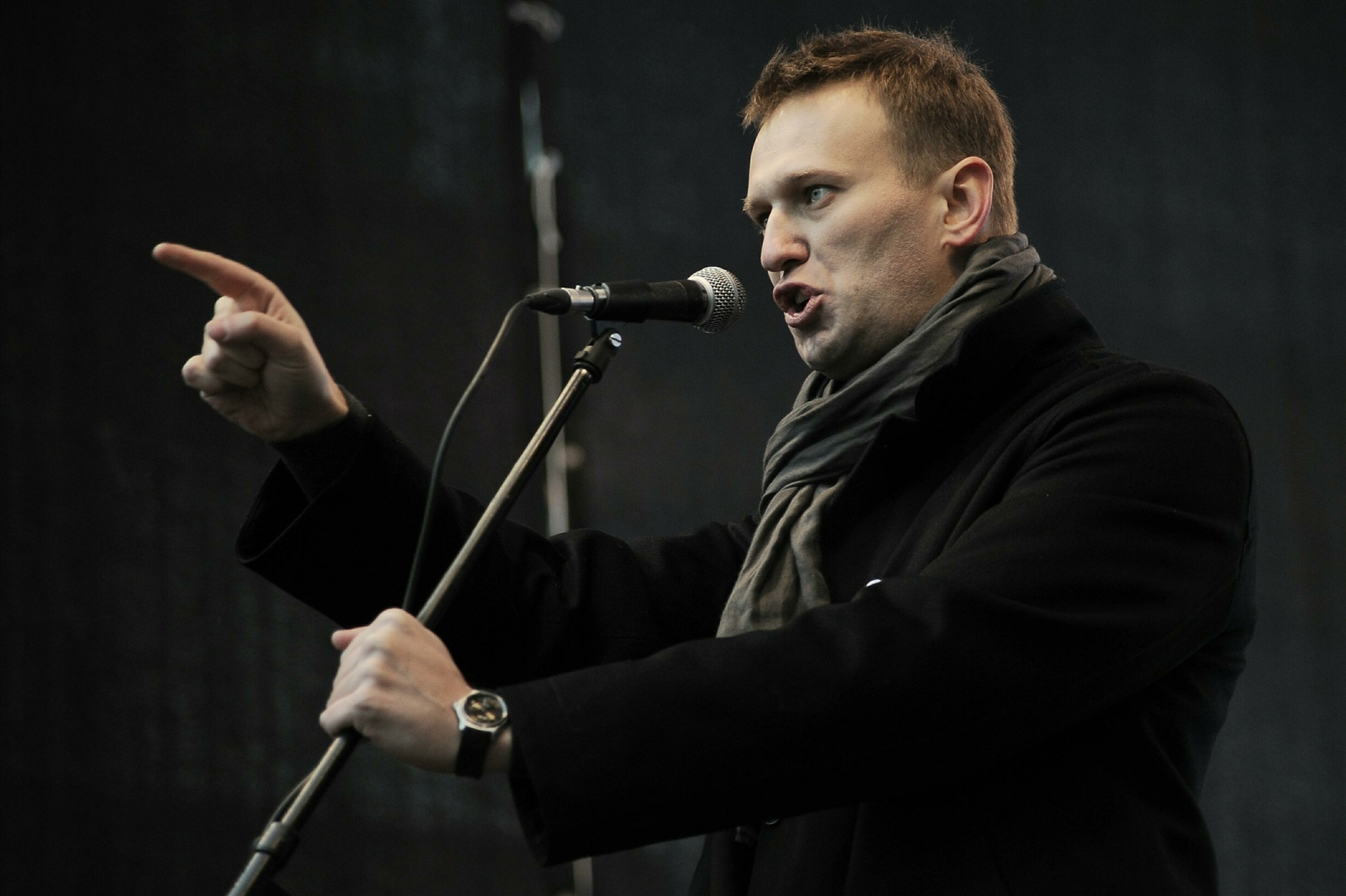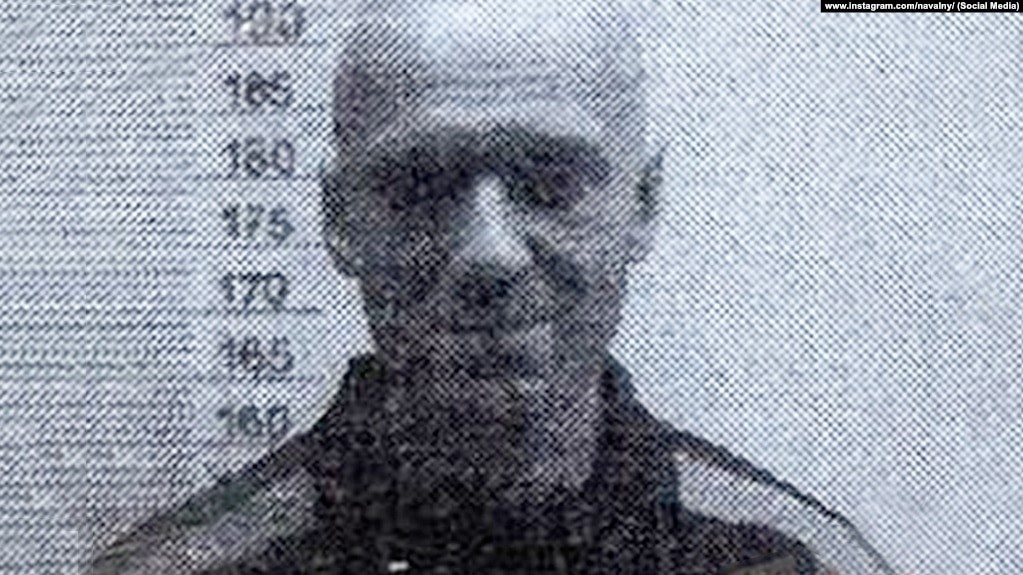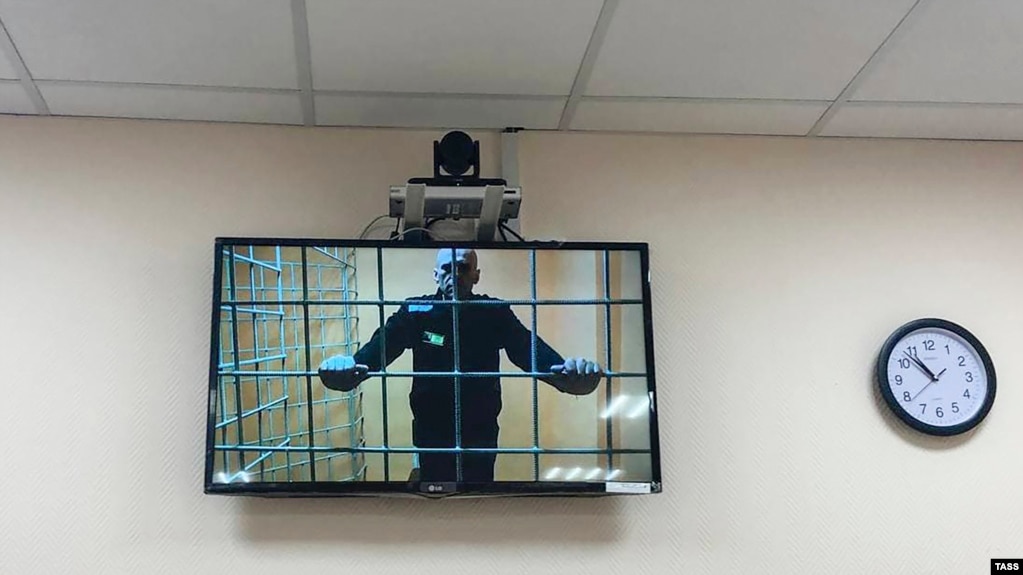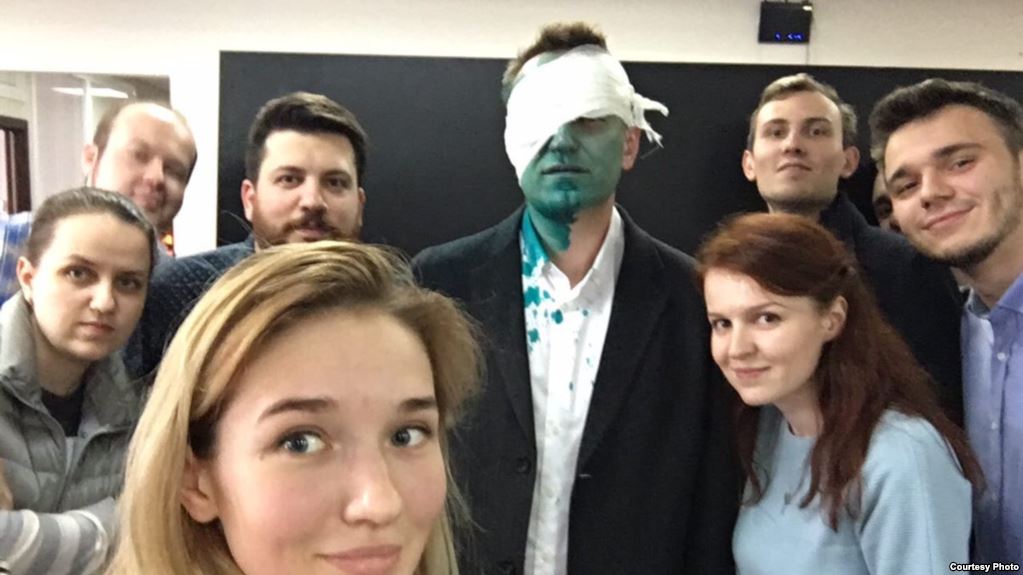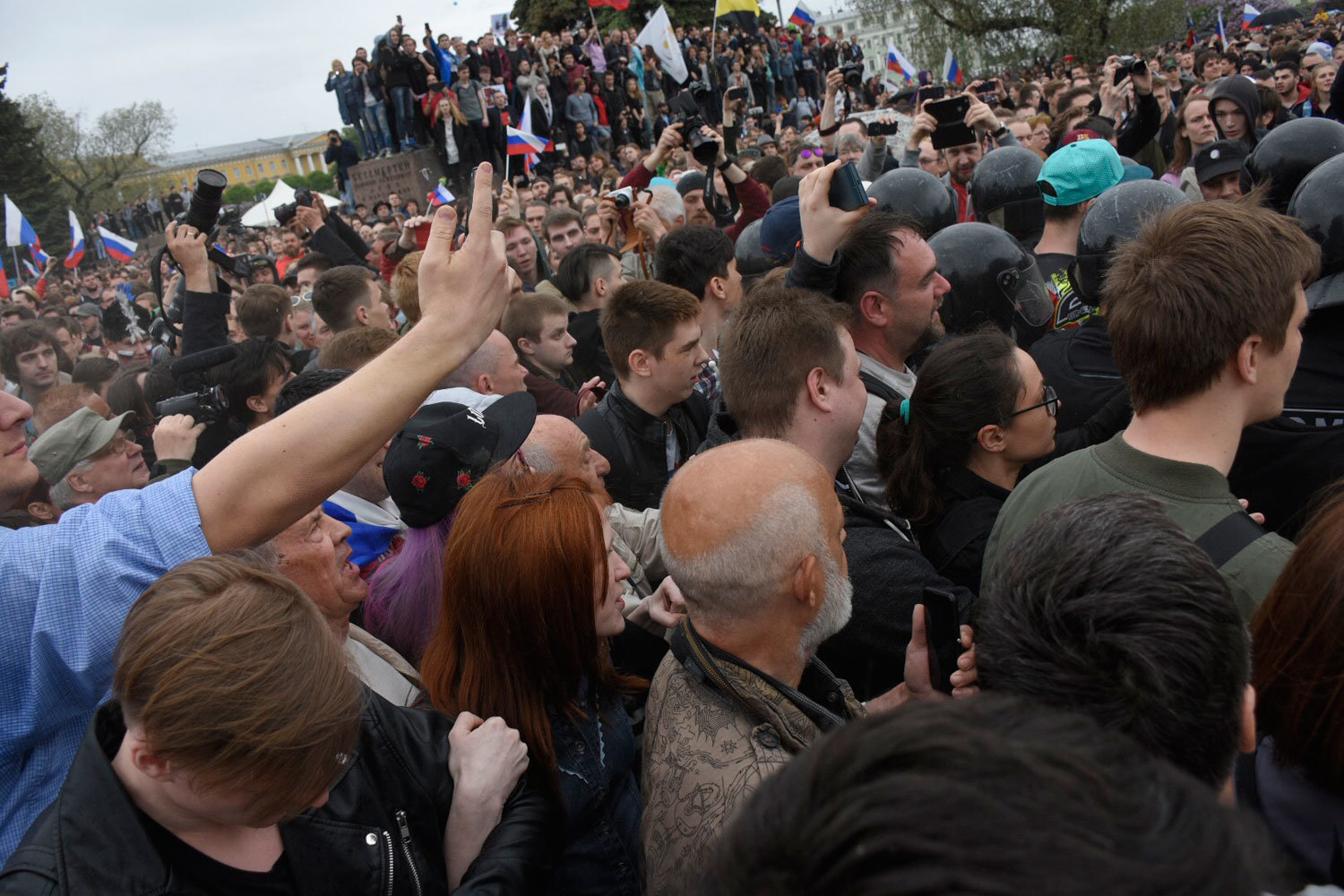The current attacks on Alexei Navalny that suggest he will become a dictator if he manages somehow to defeat Vladimir Putin reflect the utopianism of the Russian intelligentsia and its failure to understand that anyone who succeeds the current Kremlin leader is likely to be one as long as society remains atomized and weak, Vladimir Pastukhov says.
The St. Antony’s College Russian historian says that those who are now asking “Who is Mr. Navalny?” much as many asked about Putin nearly two decades ago reveal more about themselves and the situation in Russia than about the opposition leader in their commentaries and attacks.
The problem is that being by their nature politically impotent … the liberal opposition constantly needs a political outsider: it first seeks him, then when it gets him, it immediately begins shouting about rape. The cause of this behavior is the impassable gap between ambitions and capacities, between aspirations and reality.”
“The liberal intelligentsia in Russia,” Pastukhov continues, “lives by a utopian dream about a hero who kills the dragon, takes power from him and then, on bended knee, hands it over to the outstanding representatives of the Russian intelligentsia (the best people)” in the country – in short that the victor must share power with those who didn’t make his victory possible.
But that isn’t how politics works and it isn’t how Navalny will behave, the historian says.
“Judged by his views, [Navalny] is a classical Bolshevik. His single goal is gaining power. How and under what pretext he gets it doesn’t interest him. Today, he is doing everything to help him gain power and then he will do everything that will help him keep it.”
That of course is what every politician does, Pastukhov points out.
“To accuse Navalny of seeking power is the same as accusing a predator that he wants meat. This is his nature: he is ‘a political animal.’ That isn’t an insult but rather a compliment because people who are otherwise do not achieve success in politics.” The only ones who can compete with such people are other “‘political animals.’”
Unfortunately, the liberal intelligentsia doesn’t include many of them. It is “too principled and too scrupulous. It is above politics, it isn’t interested in it, and it doesn’t get involved with it.” And thus, its members fail to recognize that what is possible politically is given “not so much by the moral worth of the leaders as by the restraining potential of society.”
Thus, the problem isn’t Navalny’s proclivities, Pastukhov argues, but the state of the minds of the Russian educated class, with its slavish mentality and inability to “unite in groups of more than three and with its lack of desire to consistently do something in order to achieve the goal it desires.”
“The antidote against a dictatorship is in the organized force of civil society and not in the castration of the leader,” he says. “If the intelligentsia so fears a new Putin,” then it needs in the first instance to get organized and help society get organized as well so that they and it will be factors to be reckoned with.
When someone asked Winston Churchill why there was no anti-Semitism in England, the British leader responded “because we do not consider ourselves more stupid than the Jews.” In like manner, Pastukhov says, “Navalny is not frightening to those who do not consider themselves weaker than he and who understand that it is possible to move against him in an organized way if something goes wrong.”
“But if society feels itself weak, then no warning letters will help. Any non-entity who comes to power [in such a society] can become a dictator.”
Thus, “the queston is not whether Navalny is bad or good and whether he has dictatorial manners or not and whether he will become or not become another Putin. Rather the question is whether in the real conditions of present-day Russia a refined liberal Westerner could come to power” and not be tempted to become a dictator given the weakness of society.”
“I fear,” Pastukhov says, “there are no such chances.”
“In any case, Navalny cannot become a second Putin” because Putin was and remains a product of specific historical circumstances … Navalny will be a product of other historical circumstances, also unique.” That doesn’t mean that he can’t become a dictator but it does mean that he won’t be a dictator just like Putin.
That is because in such circumstances, politics operates dialectically. The first “negation whatever it is always is one-sided and consequently is incomplete … And only a little later, at the stage of ‘the negation of the negation’ takes place the complete and final farewell to the past (its being overcome).”
Whoever comes to power after Putin be it Navalny or someone else, is “simply condemned to become a kind of anti-Putin or a Putin inside out who will be infinitely far from the liberal ideal,” Pastukhov says. In Russia, liberal democracy will emerge only after a long and difficult past: it isn’t the starting point.
“In order to prevent or at least soften the practically inevitable future ‘revolutionary’ dictator, an organized force, capable of imposing its political will on any potential dictatorship must be organized. If such a force within society is established, then Navalny or any other victor will be forced to deal with it” rather than act without regard to its concerns.
But “if such a force doesn’t exist in society, then no liberal incantations or appeals is going to help.”
What is especially worrisome just now, Pastukhov says, is that some of the criticism of Navalny is contributing the view among some Russians that Putin is the devil they know while Navalny is one they don’t — and that they would be better off to stay with the current leader than try another. That will make both Navalny’s task and the achievement of a better future in Russia far more difficult.
Related:
- Putin has transformed Russia into a gigantic ‘Island of Dr. Moreau,’ Nemets says
- Three views on the consequence of this week’s demonstrations in Russia
- Russian protest spreads to more than 150 cities
- Putin regime likely to end by only one of five scenarios, Eidman says
- By focusing on corruption alone, Russian opposition unwittingly helping Kremlin, Pavlova says
- Putin’s Reign of Terror on Russia’s New Dissidents: “Cossacks” Attack Navalny Family as Police Watch
- Garry Kasparov: Navalny is wrong on not arming Ukraine
- Why Khodorkovsky and Navalny will return Crimea
- Kasparov responds to Navalny and Khodorkovsky: Russia has to return Crimea to Ukraine
- Navalny: What has to be said about the downed Boeing




